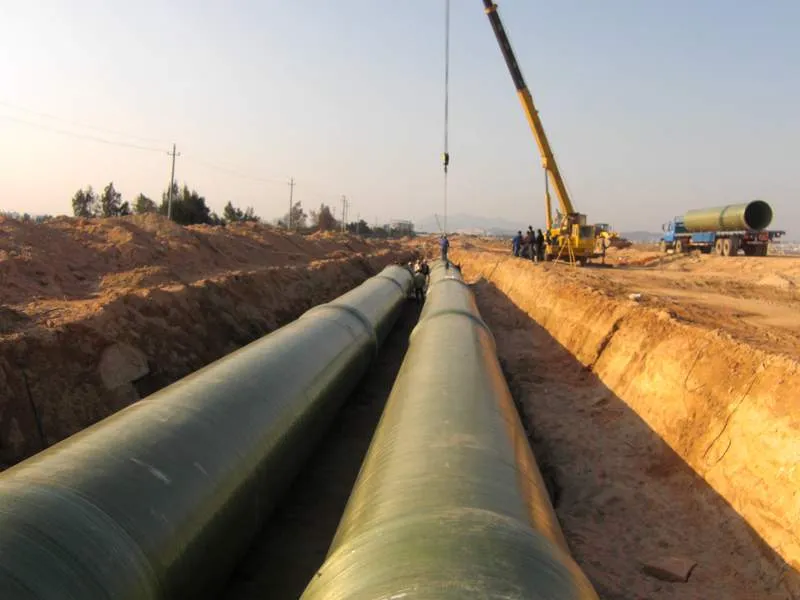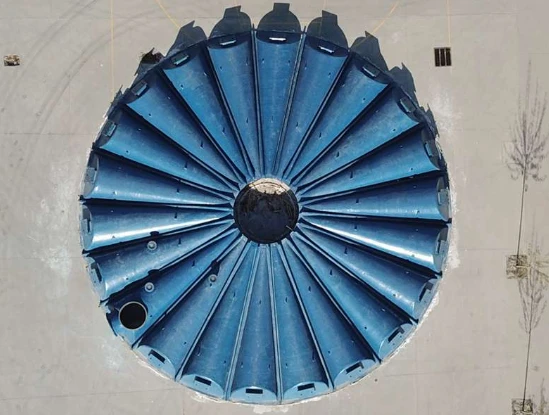
-
 Afrikaans
Afrikaans -
 Albanian
Albanian -
 Amharic
Amharic -
 Arabic
Arabic -
 Armenian
Armenian -
 Azerbaijani
Azerbaijani -
 Basque
Basque -
 Belarusian
Belarusian -
 Bengali
Bengali -
 Bosnian
Bosnian -
 Bulgarian
Bulgarian -
 Catalan
Catalan -
 Cebuano
Cebuano -
 China
China -
 China (Taiwan)
China (Taiwan) -
 Corsican
Corsican -
 Croatian
Croatian -
 Czech
Czech -
 Danish
Danish -
 Dutch
Dutch -
 English
English -
 Esperanto
Esperanto -
 Estonian
Estonian -
 Finnish
Finnish -
 French
French -
 Frisian
Frisian -
 Galician
Galician -
 Georgian
Georgian -
 German
German -
 Greek
Greek -
 Gujarati
Gujarati -
 Haitian Creole
Haitian Creole -
 hausa
hausa -
 hawaiian
hawaiian -
 Hebrew
Hebrew -
 Hindi
Hindi -
 Miao
Miao -
 Hungarian
Hungarian -
 Icelandic
Icelandic -
 igbo
igbo -
 Indonesian
Indonesian -
 irish
irish -
 Italian
Italian -
 Japanese
Japanese -
 Javanese
Javanese -
 Kannada
Kannada -
 kazakh
kazakh -
 Khmer
Khmer -
 Rwandese
Rwandese -
 Korean
Korean -
 Kurdish
Kurdish -
 Kyrgyz
Kyrgyz -
 Lao
Lao -
 Latin
Latin -
 Latvian
Latvian -
 Lithuanian
Lithuanian -
 Luxembourgish
Luxembourgish -
 Macedonian
Macedonian -
 Malgashi
Malgashi -
 Malay
Malay -
 Malayalam
Malayalam -
 Maltese
Maltese -
 Maori
Maori -
 Marathi
Marathi -
 Mongolian
Mongolian -
 Myanmar
Myanmar -
 Nepali
Nepali -
 Norwegian
Norwegian -
 Norwegian
Norwegian -
 Occitan
Occitan -
 Pashto
Pashto -
 Persian
Persian -
 Polish
Polish -
 Portuguese
Portuguese -
 Punjabi
Punjabi -
 Romanian
Romanian -
 Russian
Russian -
 Samoan
Samoan -
 Scottish Gaelic
Scottish Gaelic -
 Serbian
Serbian -
 Sesotho
Sesotho -
 Shona
Shona -
 Sindhi
Sindhi -
 Sinhala
Sinhala -
 Slovak
Slovak -
 Slovenian
Slovenian -
 Somali
Somali -
 Spanish
Spanish -
 Sundanese
Sundanese -
 Swahili
Swahili -
 Swedish
Swedish -
 Tagalog
Tagalog -
 Tajik
Tajik -
 Tamil
Tamil -
 Tatar
Tatar -
 Telugu
Telugu -
 Thai
Thai -
 Turkish
Turkish -
 Turkmen
Turkmen -
 Ukrainian
Ukrainian -
 Urdu
Urdu -
 Uighur
Uighur -
 Uzbek
Uzbek -
 Vietnamese
Vietnamese -
 Welsh
Welsh -
 Bantu
Bantu -
 Yiddish
Yiddish -
 Yoruba
Yoruba -
 Zulu
Zulu
Feb . 12, 2025 21:36
Back to list
frp desalination pipes and fittings for efficient water treatment
Desalination processes are becoming crucial in the face of increasing global water scarcity, and the use of FRP (Fiber Reinforced Plastic) desalination pipes and fittings is revolutionizing this sector. Unlike traditional materials, FRP offers unique advantages for efficient water treatment systems, providing experience-backed expertise that ensures longevity and performance.
In addition, the environmental profile of FRP contributes positively to its favorability. Energy consumption in the production and transportation of FRP components is considerably lower than that of conventional materials. This reduced carbon footprint aligns with global trends towards more sustainable industrial practices. For plants aiming to minimize their ecological impact while maintaining high efficiency, FRP pipes and fittings represent an ideal solution. It’s also noteworthy that advancements in FRP technologies continue to enhance their quality and applications, driven by ongoing research and innovation in both materials science and engineering methodologies. The development of new resin systems and reinforcement techniques is continuously pushing the boundaries, resulting in even greater resistances to chemical, thermal, and mechanical stresses. It's the constant evolution in this field that upholds the authoritative aspect of FRP as a modern solution in desalination. Trustworthiness emerges from the quality assurances attached to these state-of-the-art systems. Reputable manufacturers of FRP desalination pipes and fittings adhere to stringent international standards and undergo comprehensive testing procedures to verify their product's capabilities. Such adherence to high standards ensures end-users receive products that deliver consistent, reliable performance in critical water treatment scenarios. In conclusion, FRP desalination pipes and fittings stand out in the realm of efficient water treatment due to their undeniable advantages in corrosion resistance, lightweight structure, customization potential, and robust performance. They are echoed by proven installations worldwide, backed by scientific research, and manufactured under rigorous quality controls. As the world shifts towards more sustainable and efficient water solutions, the authoritative and trustworthy nature of FRP components positions them as indispensable tools in overcoming the formidable challenge of water scarcity.


In addition, the environmental profile of FRP contributes positively to its favorability. Energy consumption in the production and transportation of FRP components is considerably lower than that of conventional materials. This reduced carbon footprint aligns with global trends towards more sustainable industrial practices. For plants aiming to minimize their ecological impact while maintaining high efficiency, FRP pipes and fittings represent an ideal solution. It’s also noteworthy that advancements in FRP technologies continue to enhance their quality and applications, driven by ongoing research and innovation in both materials science and engineering methodologies. The development of new resin systems and reinforcement techniques is continuously pushing the boundaries, resulting in even greater resistances to chemical, thermal, and mechanical stresses. It's the constant evolution in this field that upholds the authoritative aspect of FRP as a modern solution in desalination. Trustworthiness emerges from the quality assurances attached to these state-of-the-art systems. Reputable manufacturers of FRP desalination pipes and fittings adhere to stringent international standards and undergo comprehensive testing procedures to verify their product's capabilities. Such adherence to high standards ensures end-users receive products that deliver consistent, reliable performance in critical water treatment scenarios. In conclusion, FRP desalination pipes and fittings stand out in the realm of efficient water treatment due to their undeniable advantages in corrosion resistance, lightweight structure, customization potential, and robust performance. They are echoed by proven installations worldwide, backed by scientific research, and manufactured under rigorous quality controls. As the world shifts towards more sustainable and efficient water solutions, the authoritative and trustworthy nature of FRP components positions them as indispensable tools in overcoming the formidable challenge of water scarcity.
Related Products









